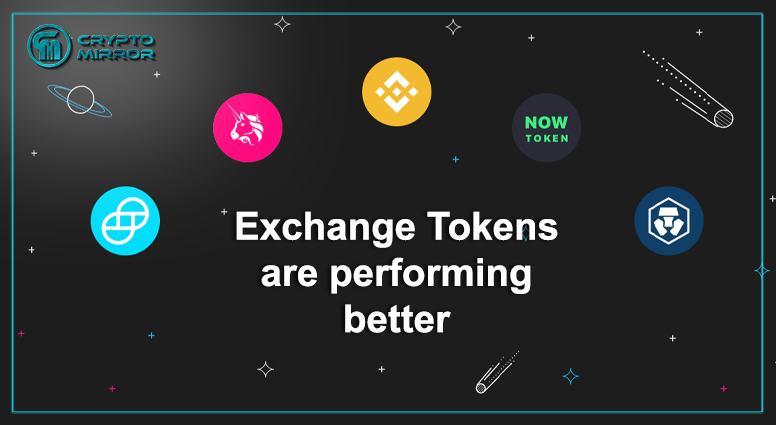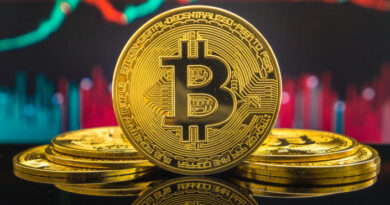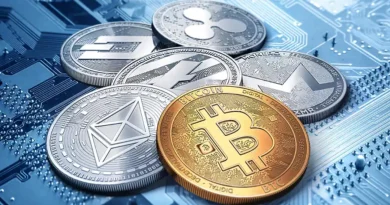Is Elon Musk Twitter takeover a silver lining for Decentralised Social Media
Tech Giants play a big role in Politics, Social and even Mental health. Could this move mark a new beginning where social media is truly decentralised.
Data Privacy, Ownership, Censorship – Social Media
The game is all about DATA. Facebook sold data to Cambridge Analytica to influence voters, hate messages are unchecked, propaganda and misinformation with deep fakes are constantly peddled by political parties around the world. This all represents the power of Social Media. And this power currently rests in the hands of few tech giants of the Silicon Valley. Although it seems free that we can post our own content and use it however we want. But is it really free? What is the cost of privacy? Why don’t we get a say in how our data is utilised?
Legislation is still catching up and as the saying goes, ‘you cannot make everyone happy’. This is true in case of social media also. Whichever way they move there would be outright protest or boycotts and criticisms. The solution to these problem is with technology only. Decentralised Social Media is the ultimate solution to these problems.
Centralised and Decentralised Social Media
The centralisation of Social Media allows for companies to take steps such as bans, blocking accounts, censorship in general. However, these steps limit the free speech that many of these platforms encourage.
The recent acquisition of Twitter by Elon Musk has raised eyebrows. All Twitter account holders are in debate, some are concerned that hatred would be allowed unchecked, while others are happy that free speech will reign. He wants to make the company private again, which went public in 2013.
Musk specifically told his twitter followers that free speech should be encouraged. In his tweet, he wrote, “Free speech is the bedrock of a functioning democracy and Twitter is the digital town square where matters vital to the future of humanity are debated.”
I feel a ban is a failure of ours ultimately to promote healthy conversation. — Jack Dorsey, CEO Twitter
Decentralised Social Network with use of Blockchain Technology
With the success of Financial industry through decentralisation, developers began working for application of Blockchain technology on Social Media platforms too. There are many differences in centralised and decentralised social network. Let us take a look at them –
- Decentralised social networks run via independently operated and verified servers on a blockchain. While standard social networks run on centralized servers owned by a single business entity. Therefore, users of decentralized social networks have both more control and autonomy.
- Decentralised control – There is no central authority (person, server or company) that dictates the rules. Therefore, it takes away the power vested in large corporations and authoritarian governments to regulate social media.
- Democratic Decision making – There can be a system where a community of users can own, moderate and govern themselves without relying on any middleman. Or you can choose one moderator based on votes to govern themselves. We can see this in Mastodon and Aether, where instances follow a democratic process among the players.
- Due to the use of Blockchain technology, role of middlemen is redundant in decentralised social media. Some other benefits are monetization, reduction in bots and spams, open-source algorithms etc.
There are other concerns raised about decentralisation of social media where radical ideas and viewpoints are of prime concern. However, decentralisation doesn’t equate to anarchy or extremist platform. In a TED Talk, days before his Twitter acquisition, Musk said online discourse should be “as free as reasonably possible”.
The solution to all the concerns is Moderation. Moderation will encourage constructive discourse and a positive spin on different viewpoints. How it will be achieved is another problem that is being worked upon.
Some of the decentralised alternatives to the famous centralised social media platforms are –
- Facebook — Minds, Diaspora, MeWe
- YouTube — Minds, LBRY, D.Tube, PeerTube
- Reddit — Aether
- Twitter — Mastodon
- Instagram — Karma (Mobile-only app)
- WhatsApp — Signal
Is SoFi the next trend?
We have already seen the success of DeFi and GameFi. Are we on the brink of success of SoFi? Integration and merging on payment platforms into social media has already paved way for monetization. However, it is not enough. Monetization brings crowd. To make them stay, social media has to work on a right course of action. With the freedom of speech and moderation, these decentralised apps would be the next big hit. Only time will tell how and when decentralized social networks will disrupt the digital world.




